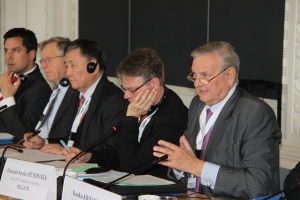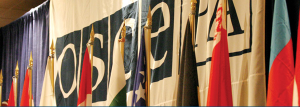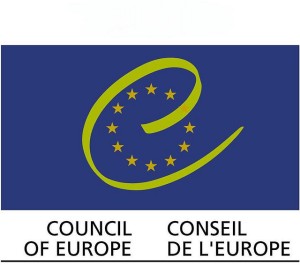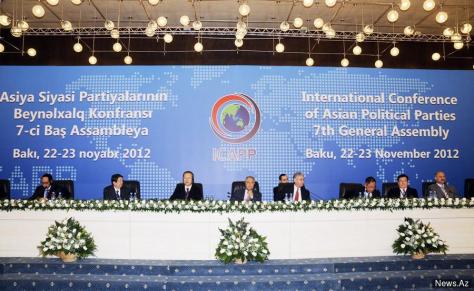
Francois-Xavier de Donnea presenting a report of the
Ad Hoc Committee on Transparency and Reform of
the OSCE at the Bureau of the OSCE Parliamentary
Assembly in Copenhagen on 15 April 2013.
Picture courtesy of the OSCE PA
The OSCE Parliamentary Assembly Bureau on Monday (15 April) decided to reactivate the 16-year-old agreement that guides election observation by the OSCE.
A statement on the OSCE PA website said that “four months after declaring the 1997 Co-operation Agreement no longer operable, the Assembly today reactivated the agreement and said it needed to be applied to ensure that the OSCE speaks with one voice in assessing elections among its 57 participating States.
The OSCE PA’s leadership accepted the recommendation of the Ad Hoc Committee on Transparency and Reform of the OSCE, led by Francois- Xavier de Donnea (Belgium), that the 1997 agreement be applied to the upcoming election observations in Bulgaria and Albania. The committee has worked since February toward improving co-operation in election observation. The Assembly will evaluate the experiences of those election observation missions at the Annual Session in July in Istanbul.” More…


 A delegation from the Parliamentary Assembly of the Council of Europe (PACE) has raised concerns ahead of the 18 February Presidential Elections in Armenia.
A delegation from the Parliamentary Assembly of the Council of Europe (PACE) has raised concerns ahead of the 18 February Presidential Elections in Armenia.
